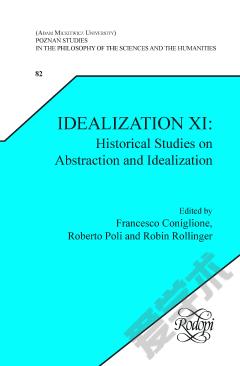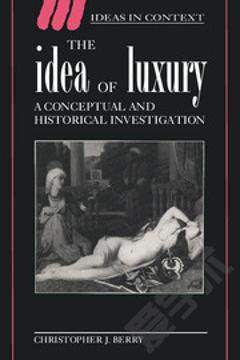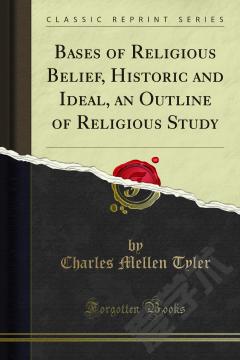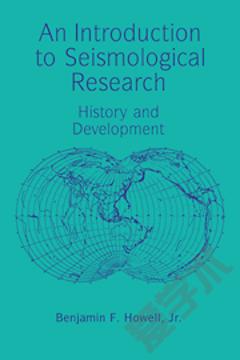Idealization XI: Historical Studies on Abstraction and Idealization
Discussions about abstraction are so important and so profound that this topic can hardly be neglected. It has inevitably cropped up again in various periods of philosophical enquiry. Despite these ancient roots and after the great debate that characterised the empirical and rationalistic tradition, interest in the problem has unfortunately been absent in large measure from the mainstream of mathematical logic and analytic philosophy. It seems that there is a gap between the epistemological theorization, in which it is difficult to find new insights on the problem of abstraction, and the historical studies concerning the development of philosophical thought. Such studies, however, present a more fertile ground for such insights. Here the reader will find presented for the first time a collection of papers about the topic, considered from an historical point of view together with an awareness of the need for building a bridge between historical research and theoretical speculation. Accordingly the volume consists of both general overviews which sketch the signifcance and the fortunes of abstraction in science, philosophy and logic (the first part) and historical case studies which focus on abstraction in particular thinkers (the second part). This volume is of interest for both general philosophers and historians of philosophy.
{{comment.content}}








 京公网安备 11010802027623号
京公网安备 11010802027623号